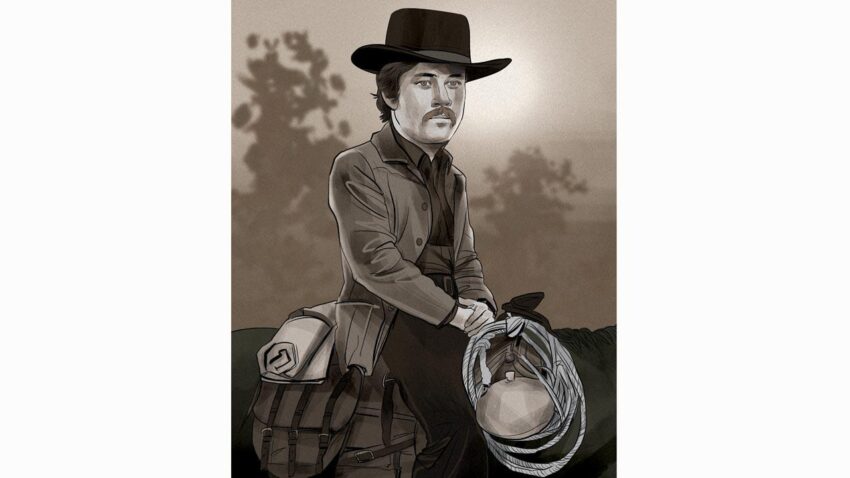Robert Redford once said, “When I was little, the most exciting thing to hear were the words ‘Once upon a time.’ My father loved storytelling, and every night he’d tuck me into bed and once he said, ‘Once upon a time,’ I knew I was in business.”
There are many sides to Robert Redford, who recently passed away at the age of 89. Heartthrob, no doubt, but the heart behind the charm was even bigger. Perhaps the one thing he fought in his youth was his hunky handsomeness. Very good-looking people often have to work hard to be taken seriously.
His greatest gift as an actor was the gift of timing—the ability to hold a moment, hold a silence, and that twinkle in his eyes he famously shared with Paul Newman as the Sundance Kid in *The Sting*. The pranks, the private relationship they maintained over the years, and Redford’s ability to truly play it straight—nothing overly dramatic—were immortal.
Robert Redford loved stories: telling them, acting in them, directing them, producing them. But he was bigger than the roles he played; there was always a larger picture at every stage of his career. Having shot to stardom with films like *Butch Cassidy and the Sundance Kid*, *Barefoot in the Park*, and *Wish You Were Here*, he soon felt the urge to move behind the camera.
His directorial debut, *Ordinary People*, showcased his unique approach to filmmaking—he approached it from the actor’s perspective, honoring the actor. The film earned him Best Director and Best Picture Oscars. Being an actor himself allowed Redford to extract the finest performances from his cast. He expressed great empathy for actors, feeling that too many modern directors were obsessed with equipment—zooms and booms—but neglected the actor. “Modern directors don’t know how to approach an actor’s equipment,” he once said.
Then, in 1981, Redford made what many consider his biggest contribution to cinema. His legacy was ready—not waiting for his sunset years—but driven by the question: “How do I give back now? How do we make films outside the Hollywood studio system?” He bought land in his native Utah, created the Sundance Institute, and thus was born the Sundance Film Festival—the largest film festival for independent work.
To Robert Redford, the story was everything.
There were many aspects of his charisma that stayed with audiences over the years. The climax of *Butch Cassidy and the Sundance Kid*, where Paul Newman and Robert Redford, knowing they were minutes away from death—wounded and exhausted—joke about heading to Australia, showcased William Goldman’s witty dialogue delivered by these two friends. It was pure magic, despite the strife they were under.
Redford had a way of straddling various genres with ease. The consummate movie star, he possessed dashing good looks—not a six-pack stomach, but a billion-dollar smile. So what was that X-factor he had? He was equally comfortable acting opposite men or women, equally adept with romance and bromance. His work with Jane Fonda, Barbra Streisand, Dustin Hoffman, and especially Paul Newman created on-screen chemistry that felt as genuine and enduring as the camaraderie between Brad Pitt and George Clooney.
Yet beyond the spotlight, Redford was shy, self-conscious, and acutely aware of his shortcomings. He was candid in confessing that he wasn’t one of those actors who could direct himself, like Clint Eastwood. He wasn’t a show-off. Any opportunity to shelter himself, he would retreat to his home in Utah.
And yet, he was such a secure actor. Robert Redford oozed sex appeal. He was an outlaw. He was an observer. He was an outsider because he played by his own set of rules. He adored the outdoors, but he was no ordinary person.
He was equally adept on screen as he was off it—goodbye Hubbell Gardiner, so long Harry Longabaugh, farewell Johnny Hooker, Jeremiah Johnson, Bob Woodward, and Tom Booker.
“The danger of success is that it forces you into a mould. I prefer independence,” he once said.
Rest well, Bob Redford. You were truly independent.
https://www.mid-day.com/news/opinion/article/the-way-you-were-23595010
